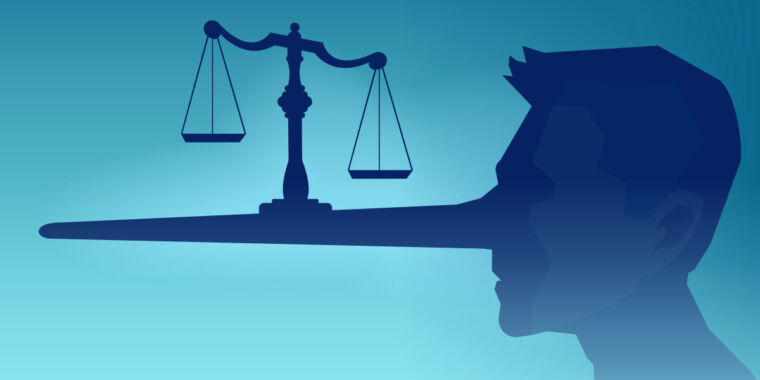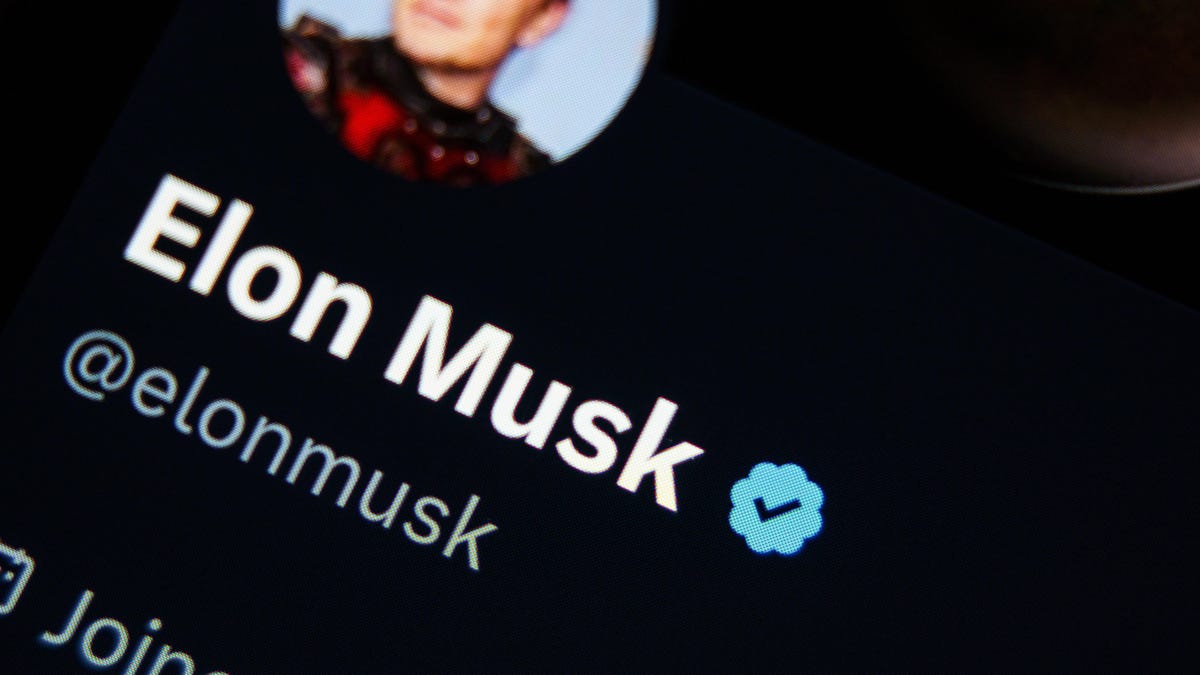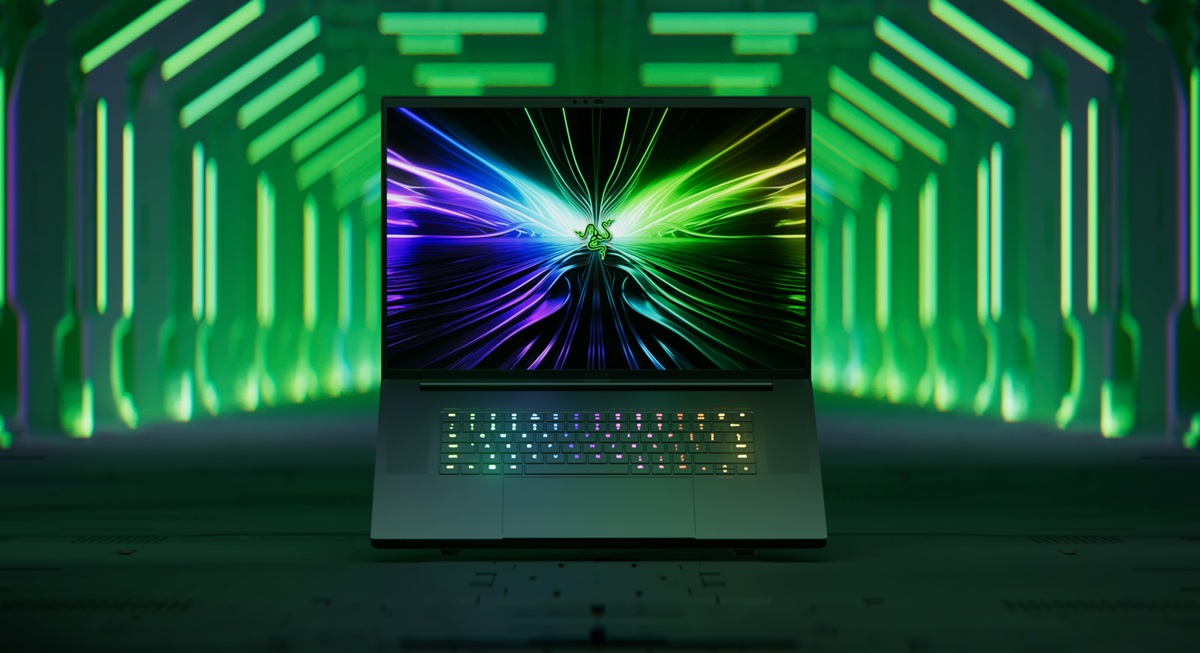Federal Judicial Panel Discusses Challenges of AI-Generated Evidence in Legal Trials
Recently, a federal judicial panel convened in Washington, DC, to address the complexities surrounding AI-generated evidence in court trials, as reported by Reuters. The US Judicial Conference’s Advisory Committee on Evidence Rules, a group dedicated to proposing evidence-related amendments to the Federal Rules of Evidence, engaged with experts to discuss the potential risks associated with the manipulation of images, videos, and deepfakes using AI.
Emergence of Generative AI Models
The meeting coincided with broader nationwide efforts by federal and state courts to grapple with the proliferation of generative AI models. These models, such as ChatGPT and Stable Diffusion, are capable of producing lifelike text, images, audio, and videos through extensive data training.
In a comprehensive 358-page agenda released ahead of the meeting, deepfakes were defined as inauthentic audiovisual presentations created by AI-powered software programs. While conventional photos and videos have long been susceptible to forgery, the advancements in AI technology have rendered deepfakes significantly harder to detect. The growing availability and simplicity of online tools for generating deepfakes pose a considerable challenge for discerning authenticity, especially within legal contexts.
Evaluation of Existing Rules
During the three-hour hearing, the panel deliberated on the adequacy of current rules, designed prior to the widespread use of generative AI, in ensuring the integrity and credibility of evidence presented in court. Some panel judges, including US Circuit Judge Richard Sullivan and US District Judge Valerie Caproni, expressed reservations regarding the urgency of the situation, citing limited instances where judges were required to rule on the admissibility of AI-generated evidence.
Quoting Judge Sullivan, “I’m not sure that this is the crisis that it’s been painted as, and I’m not sure that judges don’t have the tools already to deal with this.” Despite differing opinions, Chief US Supreme Court Justice John Roberts recognized the potential advantages of AI in legal proceedings while urging caution and thoughtful consideration of its utilization.
Proposed Rule Changes
The committee evaluated several proposed rule modifications to address deepfake concerns. Notably, US District Judge Paul Grimm and attorney Maura Grossman suggested an alteration to Federal Rule 901(b)(9) concerning authenticating evidence and proposed the addition of a new rule, 901(c, to address potential fabrication or alteration of electronic evidence.
901(c): Potentially Fabricated or Altered Electronic Evidence. If a party challenging the authenticity of computer-generated or other electronic evidence demonstrates to the court that it is more likely than not either fabricated, or altered in whole or in part, the evidence is admissible only if the proponent demonstrates that its probative value outweighs its prejudicial effect on the party challenging the evidence.
Despite the panel’s agreement on the need to address evidence authenticity concerns, further refinement of the proposals is required before official adoption.
Challenges and Future Perspectives
While no definitive rule changes have been implemented, the ongoing process signifies the judiciary’s initial response to the advent of AI technologies in evidence presentation. Aside from the risks associated with AI-generated evidence, the legal community has faced embarrassing incidents due to the misuse of generative AI. Instances such as inaccurately cited cases in court filings due to AI assistance have highlighted the need for comprehensive guidelines surrounding AI applications in legal contexts.
As the US justice system navigates this novel terrain, the discussion on AI-generated evidence sets the stage for a nuanced approach to incorporating advanced technologies within legal frameworks.
Image/Photo credit: source url





